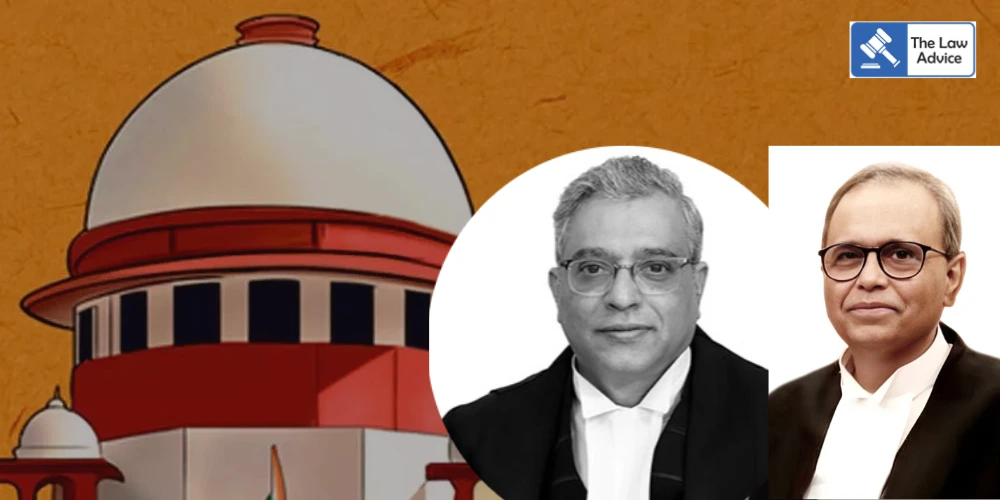New Delhi | July 17, 2025
Reaffirming that retirement benefits are more than mere goodwill gestures, the Supreme Court of India has ruled that pension constitutes a constitutional right under Article 300A and cannot be curtailed arbitrarily or without following proper legal procedure.
In a judgment that could have far-reaching implications for retired employees across India, the Court made it clear: once pension is granted, it becomes a protected property right.
What Led to the Case
The matter stemmed from a disciplinary proceeding initiated by the Central Bank of India against one of its former employees. Following the inquiry, the bank reduced the individual’s pension by one-third, invoking its pension regulations. But here’s the catch: under Regulation 33 of the Central Bank of India (Employees’) Pension Regulations, 1995, such a reduction requires the prior approval of the Board of Directors.
Instead, the bank imposed the penalty first and only sought approval afterward.
Supreme Court Pulls No Punches
A two-judge bench of Justice P.S. Narasimha and Justice Joymalya Bagchi struck down the bank’s action, declaring it procedurally illegal and constitutionally invalid.
“Pension is not a bounty. It is a right derived from the law and protected by the Constitution. It cannot be touched without adhering to due process,” the bench observed.
The Court held that ex post facto ratification—i.e., getting approval after taking the action—is no substitute for the mandatory pre-approval that the regulation demands.
Key Takeaways from the Judgment
• Pension = Property: Protected under Article 300A of the Constitution, which bars deprivation of property except by authority of law.
• No Shortcut Allowed: Employers must strictly comply with conditions set in pension regulations before altering pension entitlements.
• Rule of Law > Internal Procedures: Even internal or departmental actions must conform to broader constitutional safeguards.
Why This Matters
This ruling goes beyond just one bank or one employee. It lays down a clear precedent that applies to all public and semi-public institutions governed by pension regulations. It’s a warning bell for bureaucratic shortcuts and a reassurance to pensioners that their financial rights can’t be tinkered with on a whim.
For countless retired government and PSU employees, this decision strengthens the legal shield around their post-retirement dignity.
Case Title: Ex-Central Bank of India Employee v. Central Bank of India
